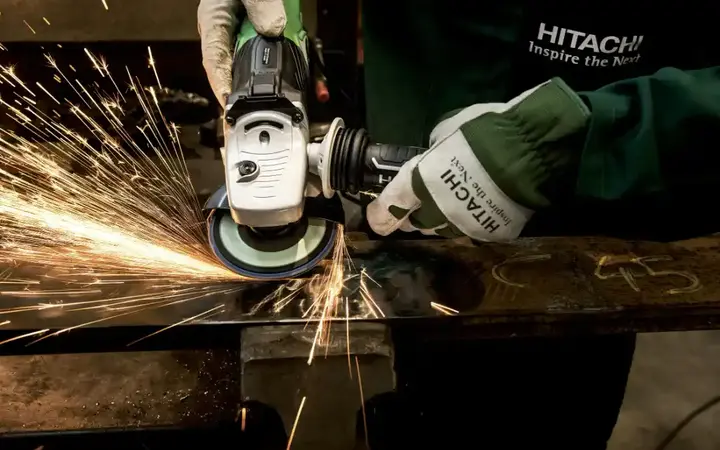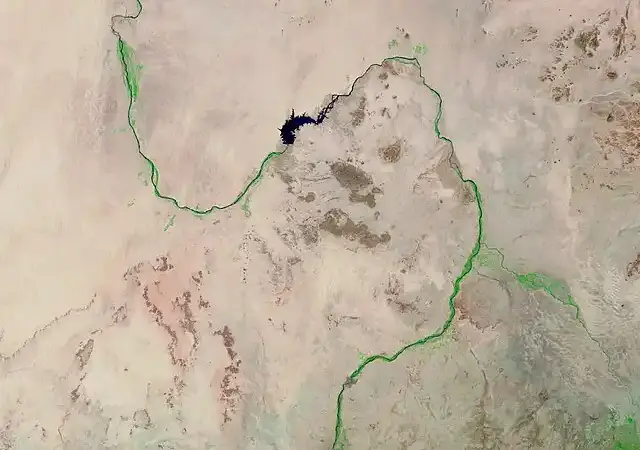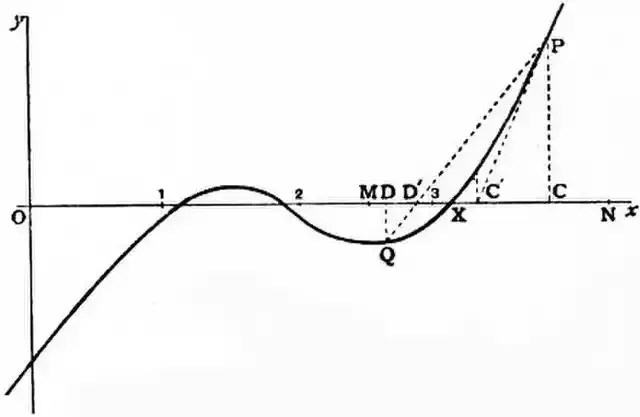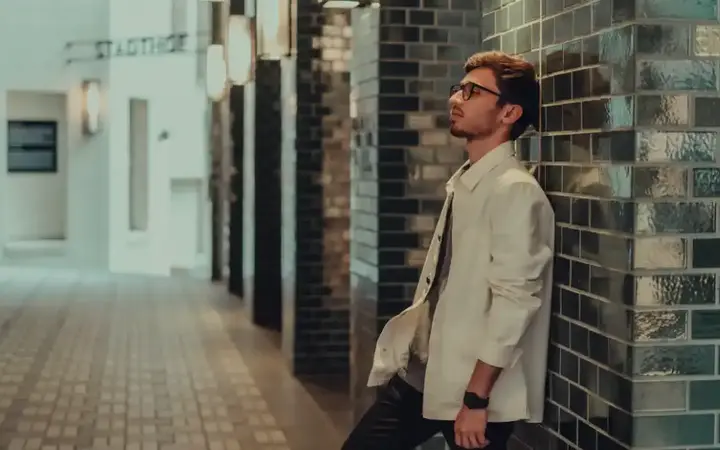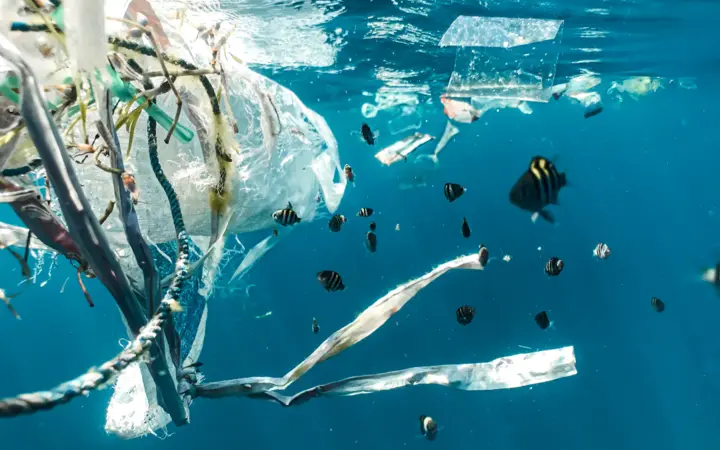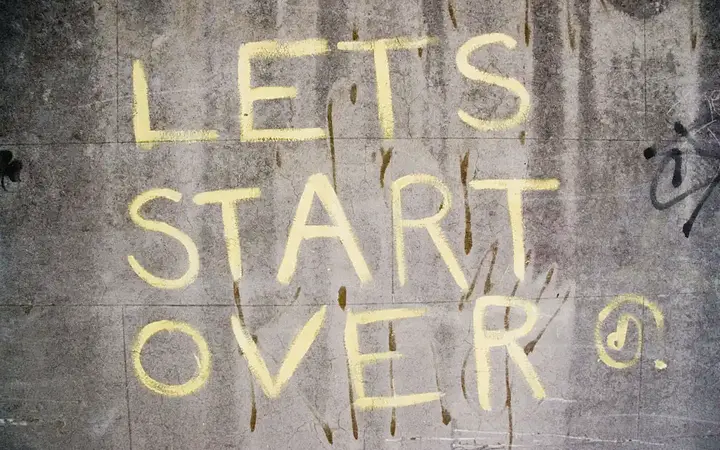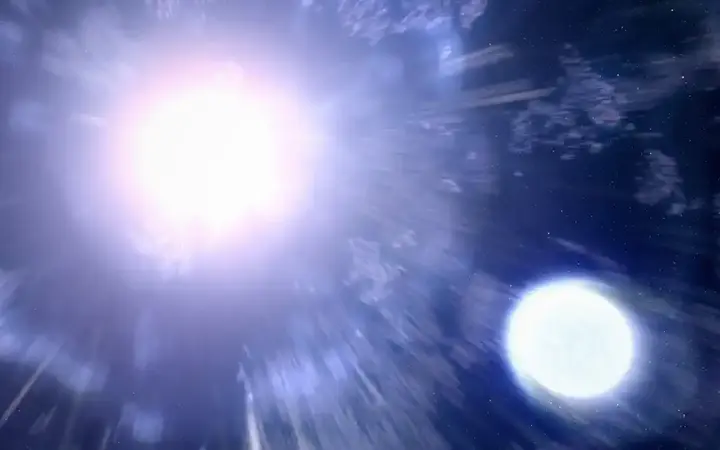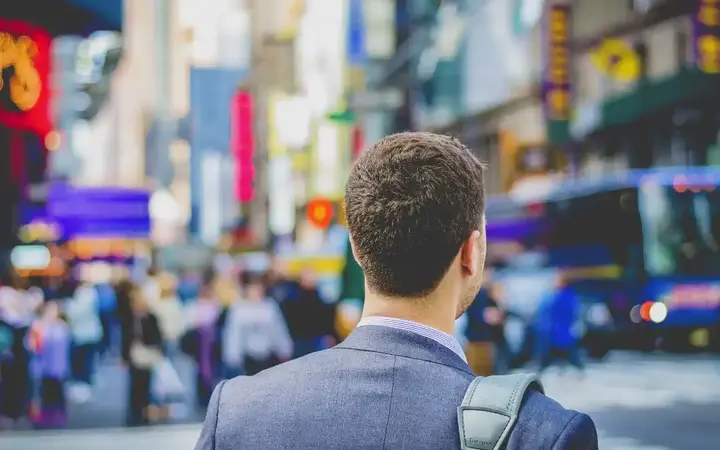Marseille: the city where everyone belongs to another place
Marseille is a multicultural city located on the Mediterranean coast, and is considered one of the oldest and most diverse cities in France. Since its founding more than 2,600 years ago, Marseille has been a center of trade and migration, making it a magnet for people from around the world. It is this diversity that gives Marseille its unique character and makes it a special place to live and visit.
Show key points
- Marseille is one of France's oldest cities, founded over 2,600 years ago and has long served as a major hub for trade and immigration.
- The city’s unique charm comes from its vibrant multiculturalism, where French traditions blend with those of North Africa, Southern Europe, and beyond.
- Streets, markets, and restaurants in Marseille reflect its diverse population, offering a mosaic of languages, cuisines, and customs.
- ADVERTISEMENT
- Despite facing social and economic challenges, Marseille exemplifies peaceful coexistence across different religious and cultural communities.
- The juxtaposition of the historic Vieux Port with modern institutions like the Mucem museum highlights the city’s balance between heritage and progress.
- Multilingualism is a hallmark of daily life in Marseille, where Arabic, Amazigh, Italian, and Spanish are spoken alongside French.
- More than just a scenic coastal city, Marseille stands as a symbol of openness, inclusivity, and the strength found in cultural diversity.
When wandering the streets of Marseille, the visitor can notice the great multiculturalism in every corner of the city. The population here is of multiple origins and nationalities, where French heritage blends with influences from countries such as Algeria, Morocco, Italy, Turkey and others. This cultural mix is evident in the city's markets, restaurants, and even the dialects of its people, making Marseille a truly cosmopolitan city.
Recommend
Marseille is not only a tourist destination due to its natural beauty and charming sea views, it is also a destination for immigrants seeking a fresh start in Europe. This city reflects a microcosm of the world, where everyone finds a place for themselves, regardless of their origins or cultural backgrounds. It is a city that derives its strength and uniqueness from multiculturalism and peaceful coexistence among its inhabitants.
Marseille: Immigrant Gateway
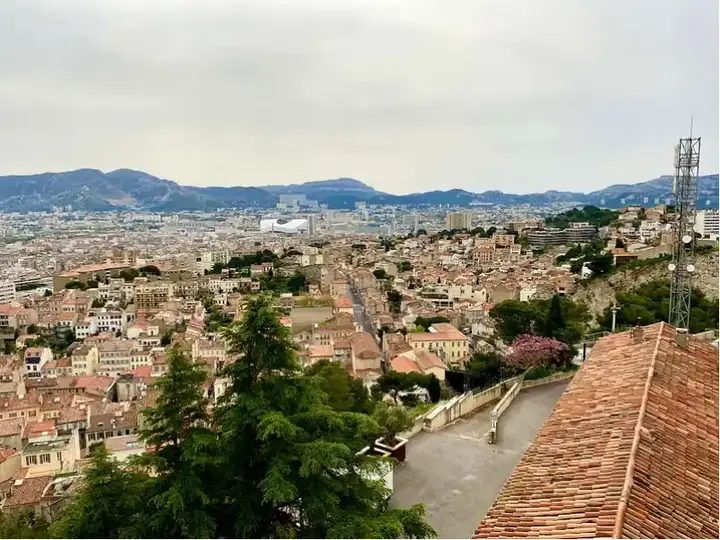
About 2,600 years ago by Greek sailors, it has always been a center of trade and movement. In the twentieth century, Marseille became a center for immigrants from North Africa, especially Algeria, Morocco, and Tunisia. These waves of migration helped shape the cultural character of the city, making it a city so diverse in terms of languages and customs. On the streets of Marseille, you can hear a mix of Arabic, French and many other languages, reflecting the multicultural nature of the city.
In addition, the city was home to refugees and migrants from other countries such as Italy and Spain, and even from as far away as Vietnam and Turkey. This diversity is evident in every corner of the city, from restaurants serving international cuisine to markets selling produce from all over the world. As one Marseille resident put it: "In this city, everyone belongs to somewhere else."
Coexistence and diversity on the streets of Marseille
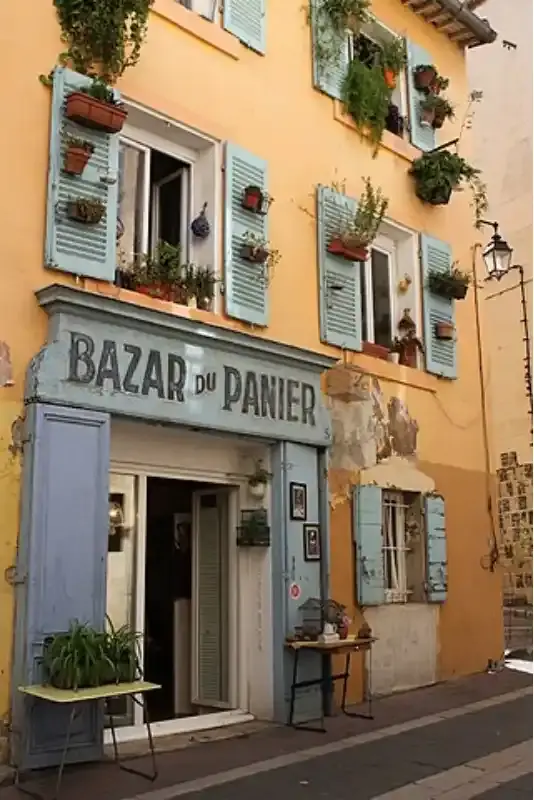
Numerous, but they also coexist together in relative harmony. Despite the social and economic challenges facing the city, Marseille retains its collective spirit. Popular neighbourhoods such as Belle des Mai and Noille are vivid examples of the daily coexistence of people from different backgrounds. In these neighborhoods, you can see mosques next to churches, Arab vendors selling vegetables and French people serving local cheese.
This mosaic of humanity is not without tensions, but Marseille has managed to be a model of peaceful coexistence. It is this diversity that makes the city special, creating a unique atmosphere that distinguishes Marseille from the rest of France. It's not unusual to find a young Moroccan who speaks fluent French or an Italian lady running a local restaurant serving traditional pizza alongside Moroccan couscous.
Marseille: between modernity and history
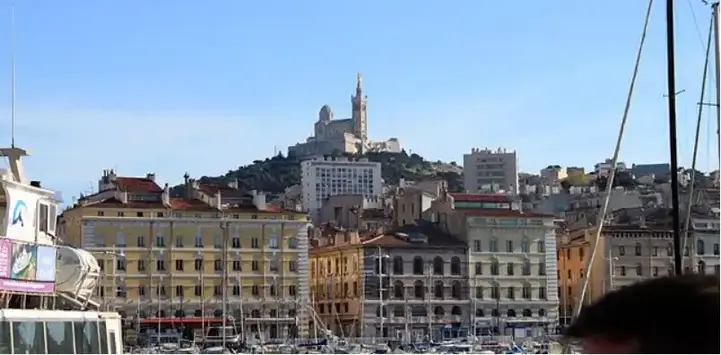
The old town "Vieux Port", which dates back to the Middle Ages, reflects the city's maritime roots. This region, once a center of trade and cruises, is today a mixture of modernity and tradition. In the harbor, you can see traditional fishing boats next to luxury yachts, and dine in trendy restaurants next to historic cafes.
Despite this historical heritage, Marseille is also a city that embraces modernization. With modern architectural projects such as the Mosem Museum showcasing European and Mediterranean civilizations, the city seeks to integrate its heritage with its vision for the future. As Marseille continues to develop, it always remains a place that values its history and welcomes the new.
Culture and linguistic diversity in Marseille
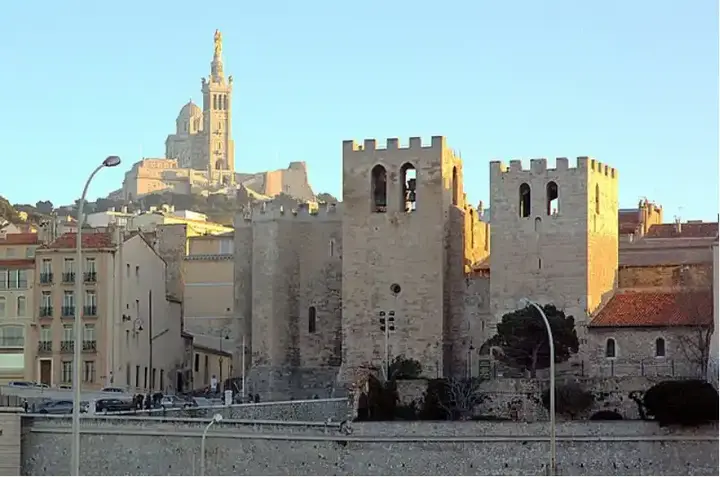
Besides French, the official language of the city, many languages are heard on the streets of Marseille such as Arabic, Italian, Spanish, Amazigh, and others. This linguistic diversity is attributed to the city's history as a hub for immigration and trade, with many people from around the world coming in search of new job and life opportunities.
The popular districts and local markets of Marseille are a mirror of this linguistic diversity. You can hear vendors speaking different languages and exchanging greetings with their customers in their native dialects. Restaurants and cafes serve cuisine from various international cuisines, adding a cosmopolitan character to daily life in the city. This multilingualism makes Marseille an attractive destination for expats, as well as for travelers who want to experience multiple cultures in one place.
Besides French, Arabic plays an important role in the lives of many Marseilles of Maghreb origin. This linguistic diversity is an essential part of the city's unique identity, reinforcing the spirit of openness and pluralism that characterizes Marseille, and makes it a model of cultural coexistence.
In conclusion, Marseille remains more than just a coastal city; it is a story that reflects the cultural and social diversity that makes it a symbol of coexistence and openness. Thanks to its long history and privileged geographical location, Marseille has become home to many immigrants who have contributed to shaping its social and cultural fabric. This city is not just a passenger stop or a ship harbor; it is a crossroads of ethnicities and cultures, making it one of the most exclusive cities in France.
Despite the social and economic challenges facing Marseille, it has succeeded in maintaining its multiple and cultural identity. People from all over the world live in the city, making it an urban model of cultural diversity and peaceful coexistence. Marseille combines past and present, history and modernity, making it a unique destination.
Ultimately, Marseille arguably represents a microcosm of the world, where everyone finds a place for themselves regardless of their origins or identities. It's a city that embraces everyone, and it's living proof that diversity is the real force that makes any community vibrant.
![]()
Embracing stupidity: the hidden value of our mistakes
Embracing stupidity: the hidden value of our mistakes more- ADVERTISEMENT
![]()
3 skills in demand in the labor market to get a job
3 Skills required in the labor market to get a job more- ADVERTISEMENT
![]()
The Nile: Africa's lifeline and the longest river in the world
The Nile River, Africa’s lifeline, flows through eleven countries and supports over 450 million people. Its mysterious origins, vital role in agriculture, and the rising political tensions over water use make it a symbol of both unity and conflict, highlighting the urgent need for cooperation and sustainable management. more- ADVERTISEMENT
![]()
Equations That Changed the World of Physics: A Historical View
Equations That Changed the World of Physics: A Historical View more- ADVERTISEMENT
![]()
Proven ways to build your confidence
Self-confidence isn't about being perfect—it's about knowing your strengths, embracing your flaws, and growing through experience. Celebrate small wins, speak kindly to yourself, and keep learning. With each step forward, you’ll prove to yourself that you are capable and ready for life’s challenges. more- ADVERTISEMENT
![]()
Saving our seas: Can we remove plastic pollution?
Plastic pollution is everywhere—from oceans to our drinking water. Ocean cleanup efforts like The Ocean Cleanup aim high but also come with side effects, including harming marine life and adding to carbon emissions. The real solution? Stop single-use plastic at the source before it ever reaches the sea. more- ADVERTISEMENT
![]()
Life lessons that I realized after the age of forty and wished I had learned them at twenty: Is it too late to arrange your life in the forties?
Life Lessons I Realized After I Turned 40 That I Wish I Learned at 20- Is it Too Late to Get Your Life Together in Your 40s more- ADVERTISEMENT
![]()
How the nearby supernova left its mark on life on Earth
SN 1181, a mysterious "guest star" seen in 1181, has finally been linked to a rare supernova type called IAX. It left behind a "zombie" white dwarf, puzzling astronomers for centuries. New computer models now align with telescope data, offering fresh insight into this unusual celestial explosion. more- ADVERTISEMENT
![]()
The best professional advice (in life) one can get
Choosing the right career can be tough, but combining self-assessment, research, and goal-setting with expert guidance makes the path clearer. Tools like MBTI and career mentors help align your job with your values, making your professional journey both successful and fulfilling. more- ADVERTISEMENT
![]()
The Ultimate Swallowers: Exploring the Voracious Nature of Black Holes
Black holes are mysterious giants with immense gravity that swallow everything—even light—making them terrifying and fascinating. With their super-powerful pull and potential to distort space-time, they capture scientists’ and dreamers’ imaginations. Are they evil forces or just strange cosmic rules at play? The mystery continues to deepen. more- ADVERTISEMENT













